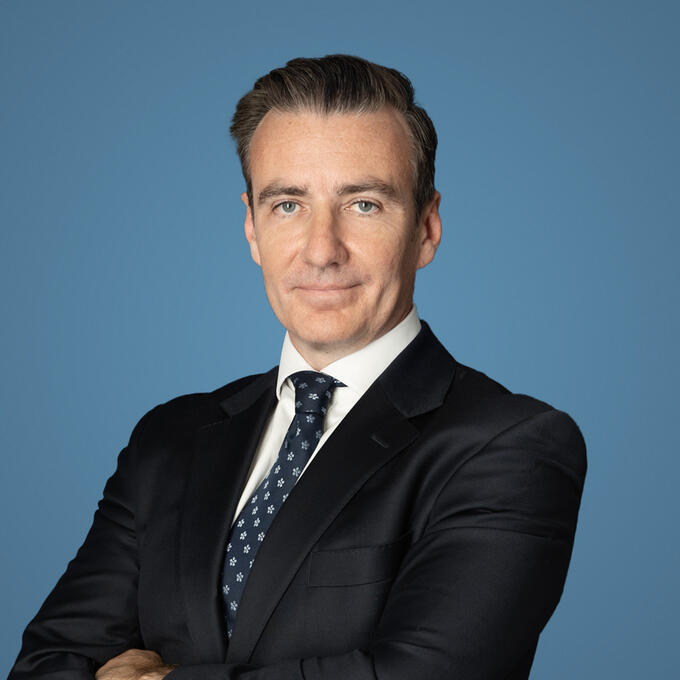What is your macro base case for the UK over the coming months? Will we see a soft or hard landing?
The spectre of stagflation has become a real risk in the UK. The Bank of England (BoE) is in a difficult position, suffering from a trifecta of a lack of credibility and a weakening economic environment set against still-high inflation. The room to manoeuvre is limited. The market is still pricing in rate hikes despite the BoE talking about “higher for longer”, much like the other major central banks. The problem is that the market doesn’t believe it.
Recent softening inflation data has allowed the BoE to pause and it seems unlikely that we will see further hikes from here. There are still a significant number of rate hikes to feed through into the economy and, given the lag effect, any further rate hikes are unlikely to have a big impact on inflation, as inflation is a problem for today. We expect the BoE to keep rates at these levels for longer, with the view that eventually tighter financial conditions and a weaker economy will begin to bring inflation down.
The likelihood of a mild recession in the UK has certainly increased. Our base case is a mild recession, with inflation falling but slowly. We do not foresee a hard recession at present, but if the BoE over-tightens to try to deal with inflation then the risk of a hard landing would certainly increase.
What are the most likely implications for UK fixed income markets?
We believe that we are close to peak rates and in an environment of generally weaker economic activity, we expect better-quality fixed income to outperform. Shorter-dated fixed income has been the “go-to” place for investors, but we believe returns are capped here.
Once rates have peaked, we think that longer-duration bonds will outperform, and when rate cuts begin then we would anticipate high yield doing well. This is contingent on the UK’s high inflation coming down as a result of the softening economic environment.
How does your investment approach adapt to tackle market uncertainty?
We have a blended top-down and bottom-up global approach to investing with a hedging overlay. This allows us to determine the overall global economic and financial backdrop so that we can effectively allocate to the parts of the fixed income universe where we see the most return potential. The hedging overlay allows us to mitigate downside risk, which we believe is crucial in uncertain and volatile market environments.
How are you currently positioned?
We have hedged some of our duration risk given the risk of further long-duration weakness in the short term. Central banks remain hawkish, and we have yet to see a crack in the risk markets that would precipitate a rally in longer-duration, higher-quality bonds.
We also have an allocation to good-quality high yield, given the attractive yields that are on offer. We are anticipating a mild or shallow recession so feel that a higher-quality fund with some duration risk makes sense at present.



